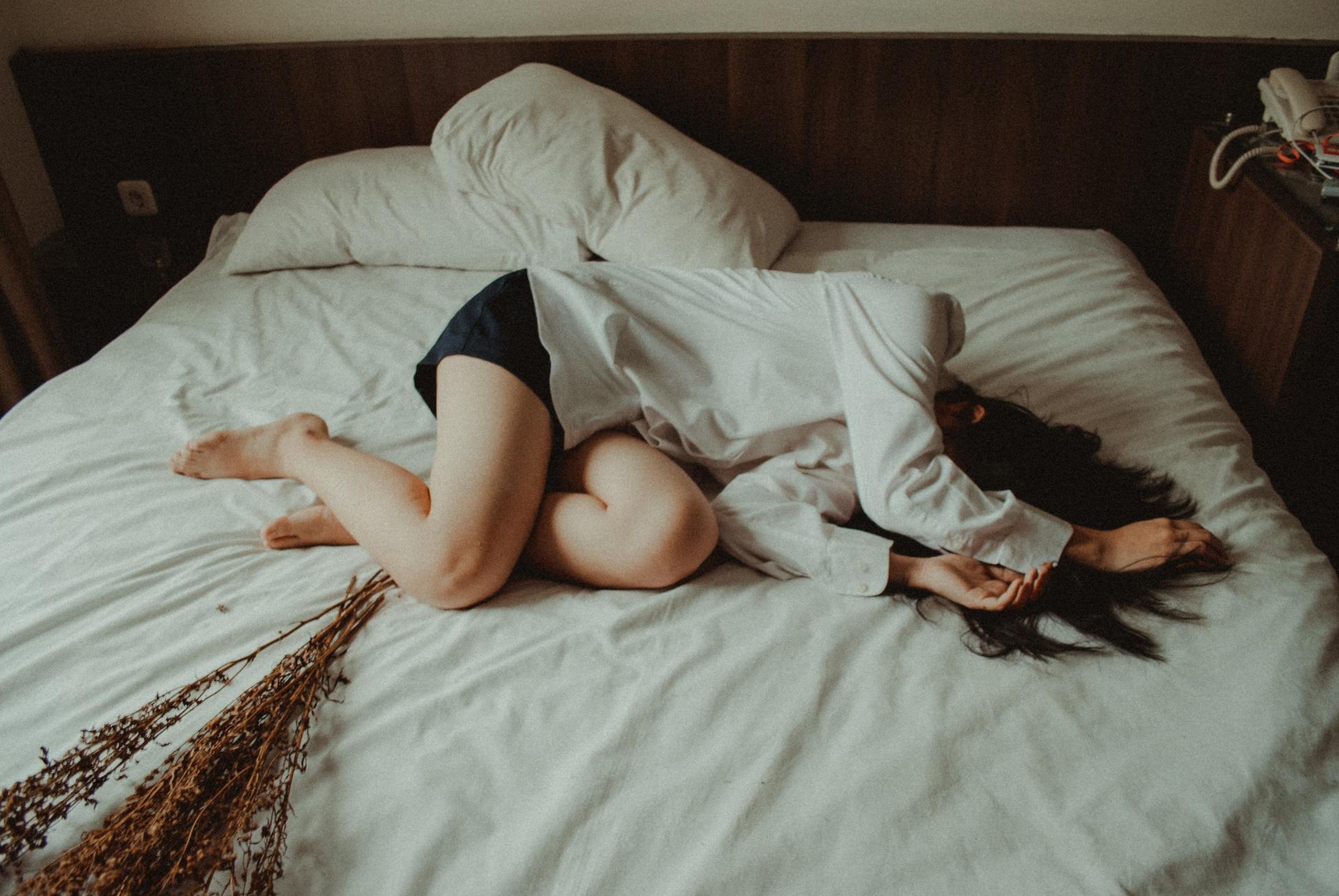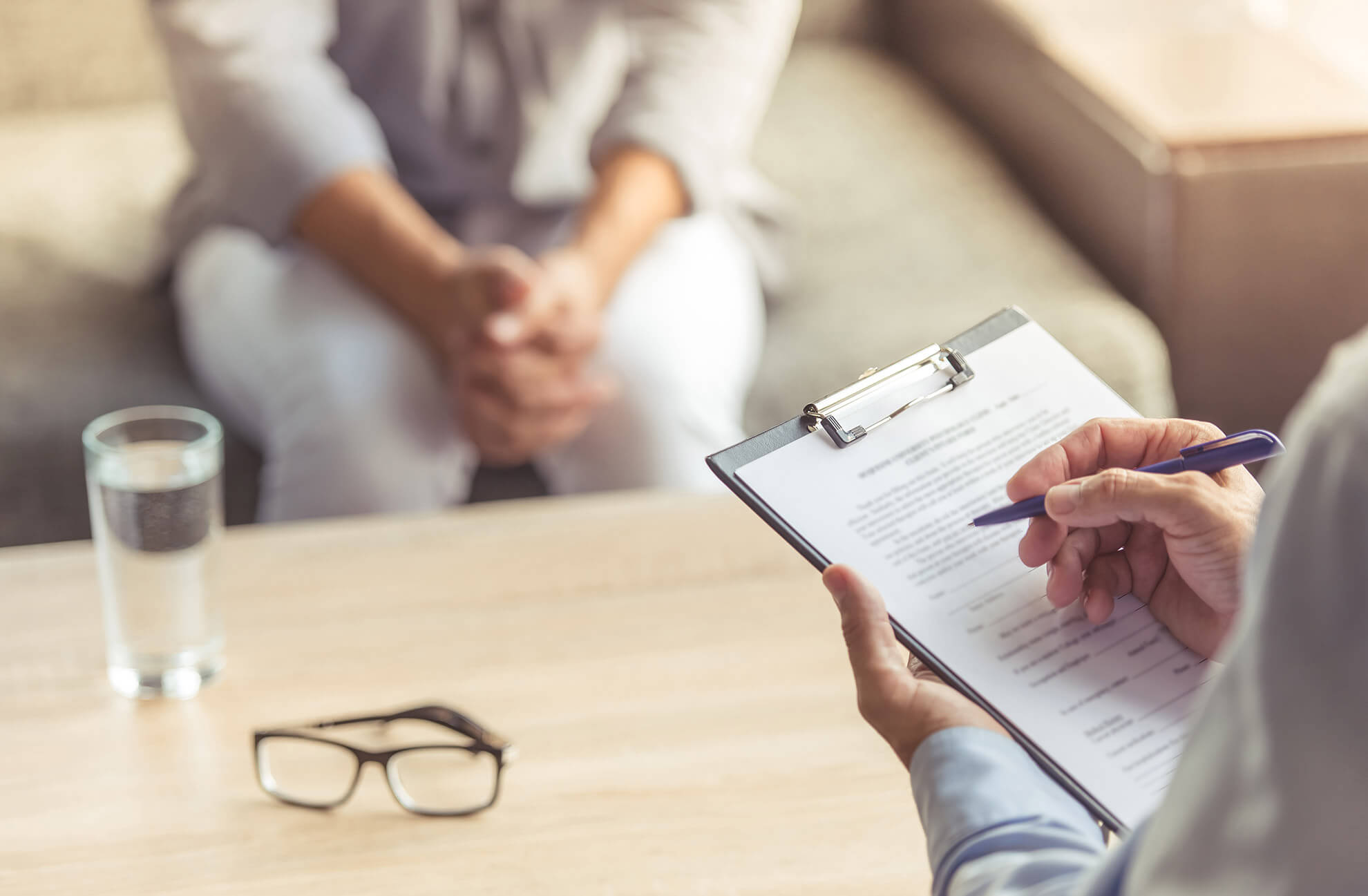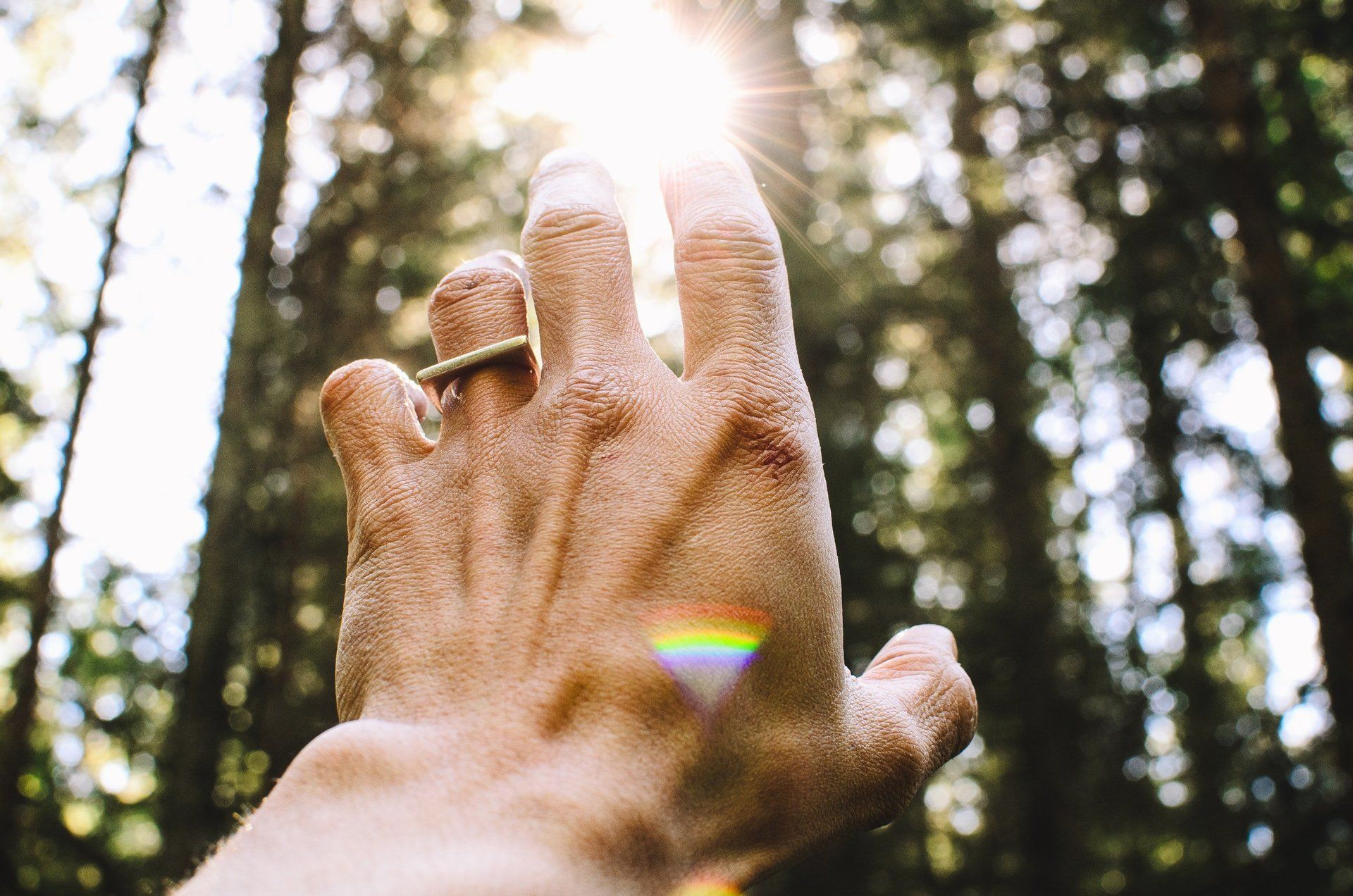Addictions Symptoms & Treatments
- Home ›
- Therapy ›
- Conditions ›
- Addictions
What is an Addiction
Addictions can take many forms with as many as
1 in 3 people in the UK displaying signs of addiction or dependency. When certain behaviours start to feel out of control and impacting on your wellbeing and those around us, this may be a sign of addiction.
Addiction is most commonly associated with gambling, drugs, alcohol and nicotine, but there are others areas of life that can cause addictions such as the use of smartphones and social media, the use of pornography, shopping, the wish to have sex and gaming. In fact gaming addiction is to be classified by the World Health Organisation
as a diagnosable disorder. In all of the above, the behaviour triggers pathways in your brain that reinforce the good feelings associated with using drugs or gambling and make us want to repeat this.
It may be difficult to realise that you have a problem with addiction until it is too late and aspects of your life are starting to be affected or the people around you are unhappy. For example, key signs of problematic drinking can be drinking alone, drinking in the morning, others telling you that you have a problem with drink or feeling guilty about your drinking. With drinking as with other addictions we are very good at making excuses to justify our behaviour such as "I couldn't say no to a round", "It was just to recover my debts", "I have a high sex drive" or "I'll stop after this game".
With all addictions the addictive behaviour tries to cover up difficult emotional feelings and addictions may be the best way that you have learned to cope. Johann Hari (see video below) sees addictions as the loss of connections with others and by reconnecting with important aspects of our lives we can learn to reduce the need for compulsive and addictive behaviours.
Therefore, rather than viewing addiction as being there or not, it is a process by which you can build motivation to change and learn strategies to make this happen. Lapses and relapses are part of the difficult process of recovery and building strength and resilience is important.
Check out this video for a wonderful perspective on addiction from Johann Hari.
Getting help for Addictions
There are various evidence-based treatments that have been found to help with addictions. Th first step is to understand the causes and triggers for your addiction and then work to help motivate you to take those important first steps about reducing your dependency. Once this is established it is easier to develop specific skills and strategies for long term recovery.
"I'm not telling you its going to be easy, I'm telling you it's going to be worth it"
Therapy for Addictions
Cognitive behavioural therapy can help explore the roots of addiction, improve motivation to make lasting changes and develop robust strategies to cope. This can really help you get your life back in control.
I have a great deal of experience in providing therapy for addictions and successfully working with individuals who have been suffering from a form of addiction. Therapy usually takes the form of understanding the cycle of change within addictions, to understand high risk situations and to challenge thought processes that keep the addiction going. There is often an overlap between addictions and other difficulties such as depression, anxiety or problematic relationships and we would work on all these factors holistically. Sessions are tailored to the individual so that we can work together to move away from addictions to a more fulfilling life.
Next steps for overcoming your Addiction
I offer a
free confidential
15 minute telephone consultation before any commitments where we can discuss if therapy is the right approach. Only if you are comfortable to proceed we will arrange an initial meeting and start work on your plan to recovery.
Give me a call today or use the online booking form to setup a free 15 minute telephone consultation and I can discuss how I can help with working through your addiction.
All calls are completely confidential.


